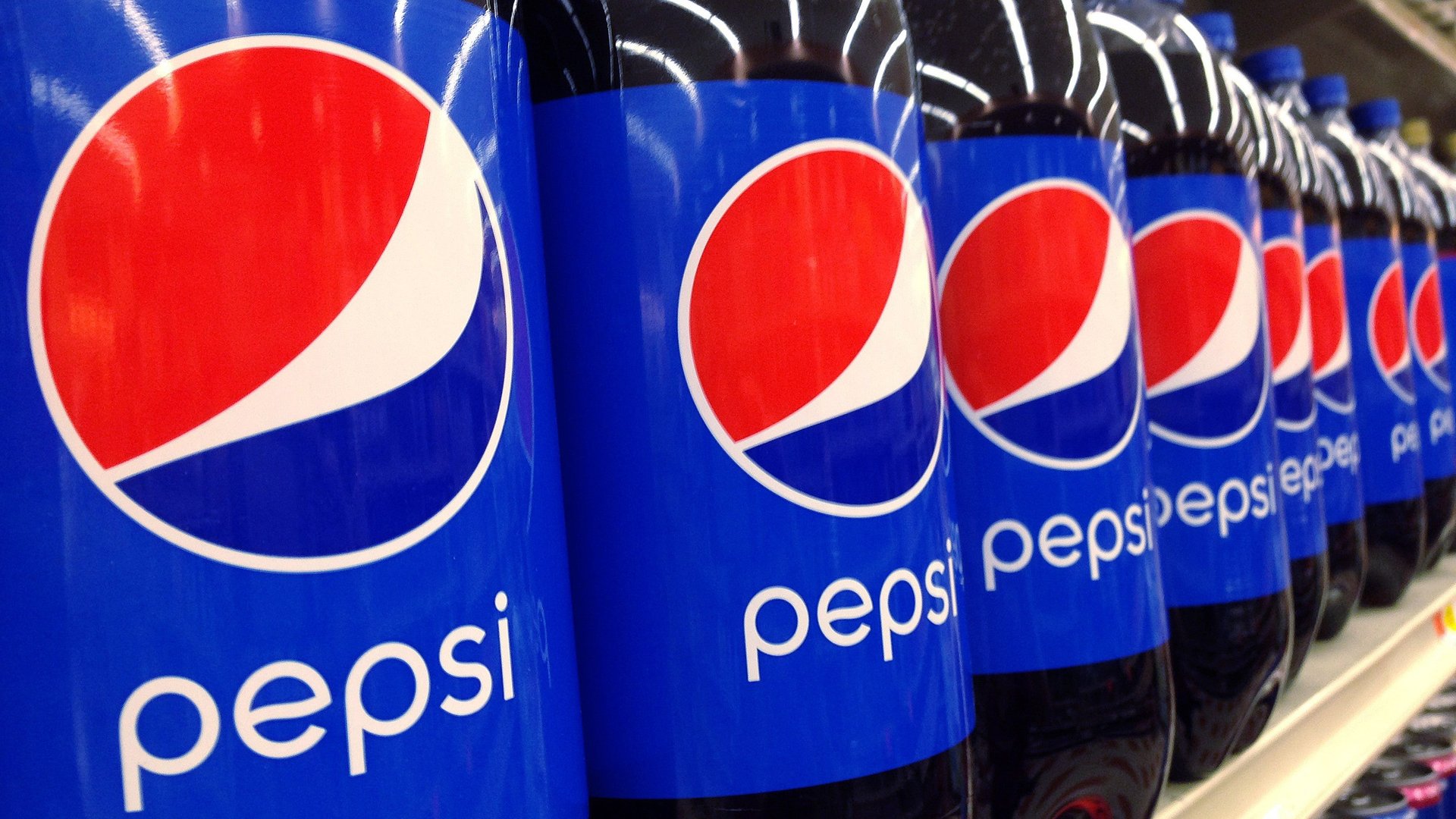New science links soda with heart problems and two types of cancer
New science out of Harvard University found that the more soda people drink, the higher their risk of dying from heart disease, breast cancer, and colon cancer. The research was published today (March 18) in the American Heart Association’s journal, Circulation, and is just the latest (pdf) in a mounting pile of evidence showing that soda has had—and continues to have—a negative impact on public health in America.


New science out of Harvard University found that the more soda people drink, the higher their risk of dying from heart disease, breast cancer, and colon cancer. The research was published today (March 18) in the American Heart Association’s journal, Circulation, and is just the latest (pdf) in a mounting pile of evidence showing that soda has had—and continues to have—a negative impact on public health in America.
“The big picture is really starting to emerge,” said Vasanti Malik, one of the co-authors of the study, in a conversation with CNBC. “This is not random. There’s a whole lot of consistency across these findings.”
Like much of nutrition science, the most recent research isn’t definitive, in part because it’s difficult to draw hard conclusions from work that relies on people self-reporting their diets. There’s no way to be totally sure someone didn’t omit or overstate what they were eating or how much they exercised, or miscalculate their body-mass index. Still, the Harvard study drew from a fairly large sample of people—37,716 men and 80,647 women who reported data between 1986 and 2014. Like another recent study that sought insight into the ill effects of junk food, an observational study that draws from tens of thousands of participants can’t be ignored.
The researchers followed study participants’ health for several decades. Among other things, the people being surveyed reported how many sugar-sweetened, carbonated beverages they drank per week and month.
The researchers found that people who drank more sugar-sweetened beverages, including soda, were associated with risk of death from heart disease. Compared to people who infrequently drank soda, the people who drank more than two servings a day had a 31% higher risk of death from bad heart health. Each serving-per-day increase in soda consumption was associated with a 10% higher risk of heart disease-related death, the study states. To a lesser degree, more soda consumption was also linked to an increased risk of developing breast and colon cancers.
The research did differentiate between sodas sweetened with real sugar versus artificial sugars. Based on their conclusions, the scientists estimate that replacing one serving per day of soda sweetened by real sugar with one serving sweetened by artificial sugar was associated with a 4% lower risk of total mortality, and 5% lower risk of heart disease-related death.
“Strengths of our study include the large sample size, long-term and high rates of follow-up, detailed and repeated measurements of diet and lifestyle, and numerous sensitivity analyses that support the robustness of the results,” the researchers wrote in the study.
The research will likely add more fuel to the efforts of health advocates to get people to drink less soda. That’s already taken shape in pitched fights between advocates and the soda industry over the emergence of soda-tax initiatives around the country.
The American Beverage Association, which represents the interests of the soda industry, has said it disagrees with the findings of the study. In a statement, the group said: “Soft drinks, like all the beverages made by our industry, are safe to consume as part of a balanced diet. The sugar used in our beverages is the same as sugar used in other food products.”